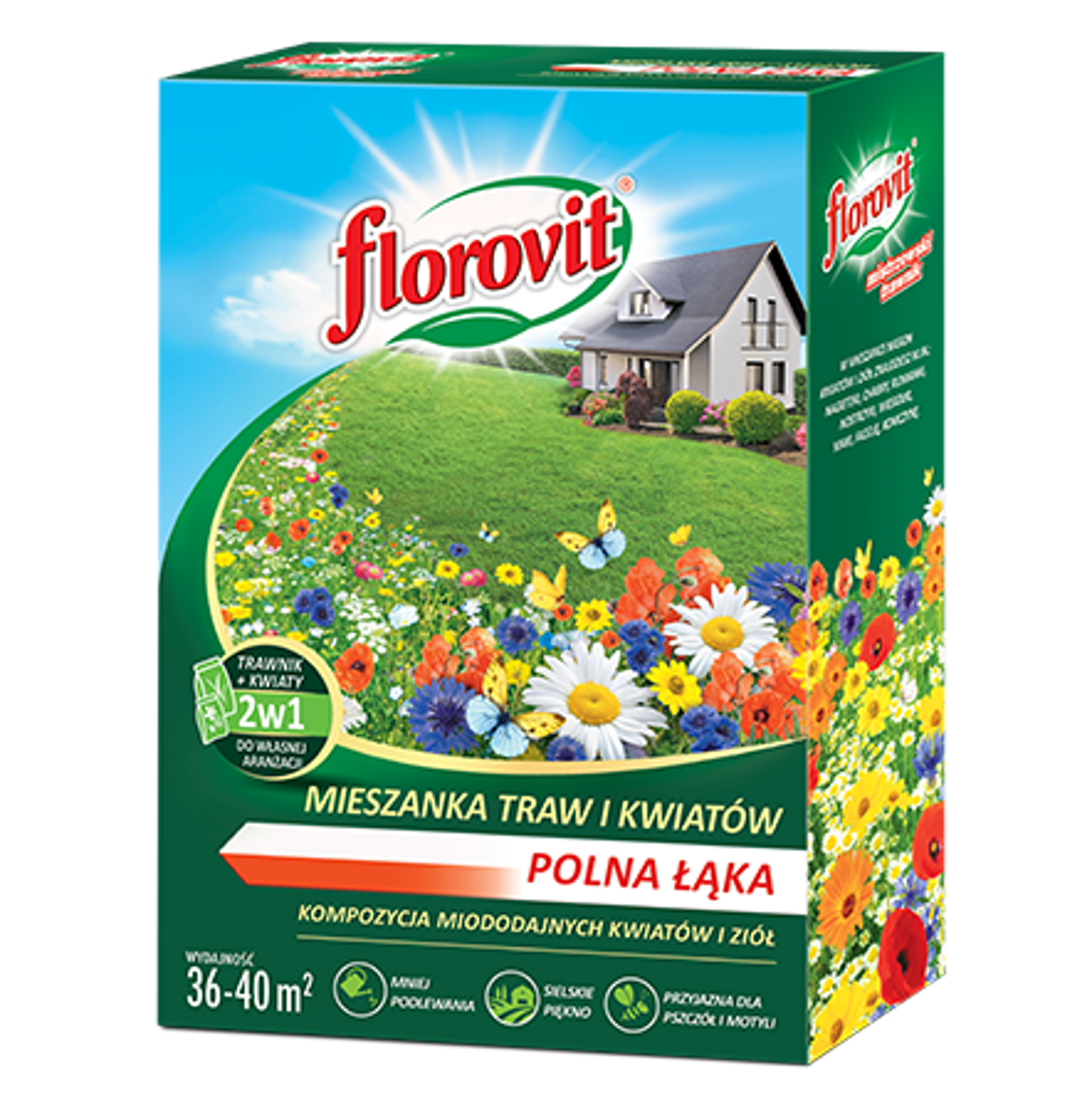
Francouzské froté letní teplákovina Folklorní květinová louka – stříbrně šedá/ohnivě červená - Zbytky- latka.cz

Francouzské froté letní teplákovina Folklorní květinová louka – stříbrně šedá/ohnivě červená - Zbytky- latka.cz

Francouzské froté letní teplákovina Folklorní květinová louka – stříbrně šedá/ohnivě červená - Zbytky- latka.cz

Luční louka FLOROVIT - směs okrasných trav a lučních květin - osivo 900g - Zahradnictví Karviná FRUTO
















